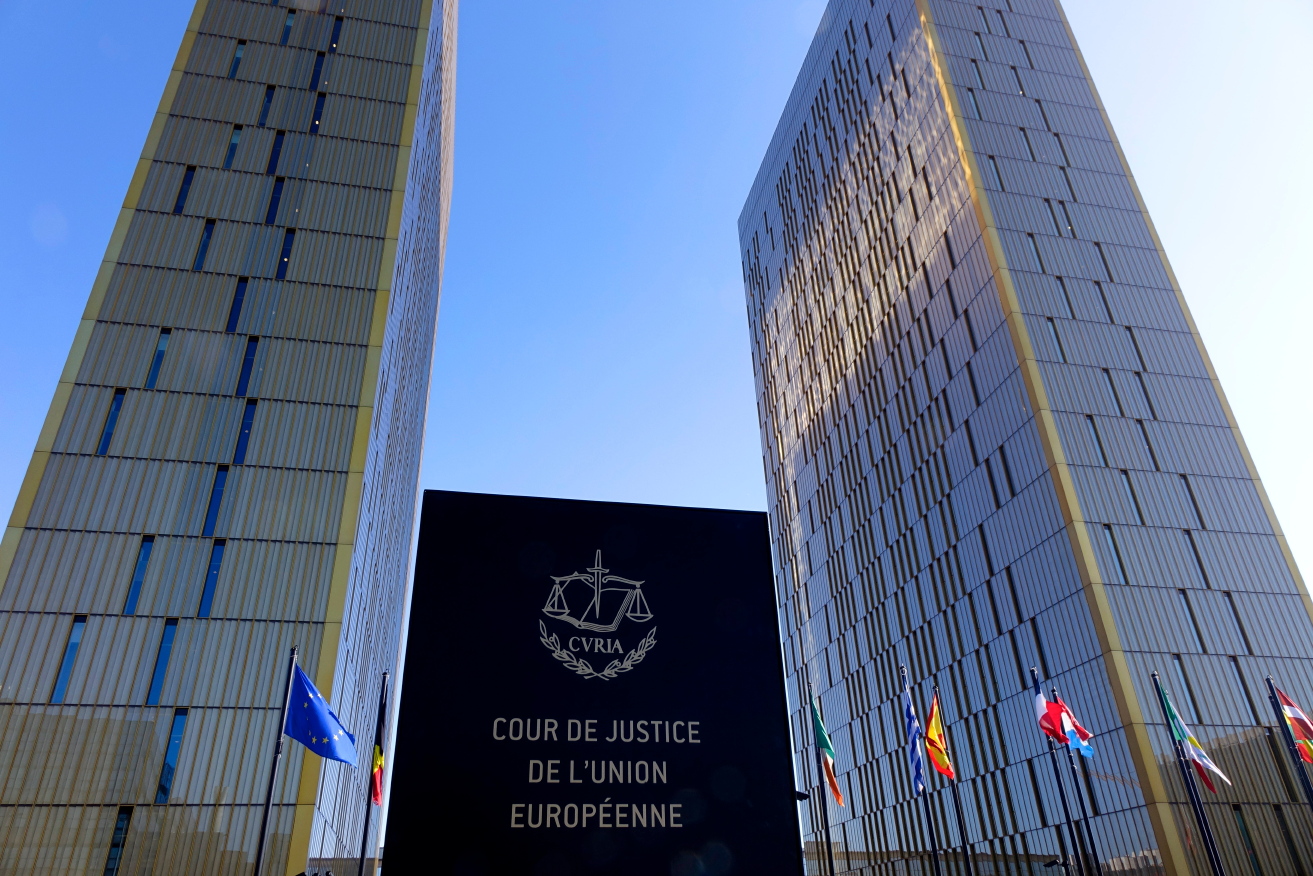Madrid/Brussels, 20 November 2017 – Access Info Europe, represented by the EU Public Interest Clinic and The Good Lobby, has submitted a new complaint to the European Ombudsman about the refusal of the Council of the EU to disclose the opinions on the candidates’ suitability to become members of the Court of Justice of the European Union (CJEU).
For each judicial appointment to the CJEU, a special panel – comprising seven former members of the CJEU, members of national supreme courts and lawyers of recognised competence, one of whom is proposed by the European Parliament – issues an opinion regarding the candidate’s suitability. This opinion is not made publicly available and is only shared with the member states.
Since 2014, the clinic and Access Info have repeatedly sought access to the panel opinions because the public has a right to expect a high degree of transparency about the professional competence of candidates during the judicial selection process. Given the impact of the decisions taken by these judges on the everyday life of European citizens, they sought to defend the right of citizens to know why they had been selected (or rejected).
The European Ombudsman opened an investigation in 2015 and after examining the panel’s opinions she encouraged the Council to reconsider its disclosure policy. Ombudsman Emily O’Reilly told Parliament that transparency requires the EU “to be accountable to the citizens it serves.” She added that “access to information about how the EU and its institutions work is vital for the citizens to trust the EU, and the EU needs the trust of its citizens especially at times when it faces both internal and external challenges.”
Her investigation led to the release of heavily redacted documents, which failed to disclose meaningful information about the selection process. This heavy redaction of key information is the subject of the new complaint.
“Some countries hold televised hearing when selecting judges for their supreme courts”, said Professor Alberto Alemanno, legal representative for Access Info Europe. “We can’t accept that the protection of privacy of candidates be credibly invoked to refuse disclosure. Candidates judges are public figures who can reasonably expect to be exposed to higher levels of public scrutiny.”
Helen Darbishire said “The EU should be leading by example when it comes to transparency of decision making. Lack of such transparency makes the Court an easy target for criticism, whereas open selection processes should increase trust in and respect of this essential EU institution.”
For more information, please contact:
Luisa Izuzquiza, Communications Officer | Access Info Europe
Send an e-mail or call +34 913 656 558
Helen Darbishire, Executive Director | Access Info Europe
Send an e-mail or call +34 667 685 319
Alberto Alemanno | HEC-NYU EU Public Interest Clinic
alemanno@hec.fr
Notes to editors:
1. A copy of the complaint is available at: https://papers.ssrn.com/sol3/papers.cfm?abstract_id=3072588
2. The complaint follows on an earlier complaint submitted to the Ombudsman: https://ssrn.com/abstract=2636877
3. About the HEC-NYU EU Public Interest Clinic: The EU Clinic is the result of a partnership between New York University School of Law and HEC Paris (Ecole des Hautes Etudes Commerciales de Paris). Together we lobby the EU to promote the underrepresented public interest.
4. About The Good Lobby: TGL is a skill-sharing community connecting individual experts with civil society organizations that pursue the public interest. It serves as a clearinghouse, and provides training, technical and strategic assistance in EU law, policy development and communication. TGL recruits a diverse mixture of expert volunteers to share their skills with NGOs working on the most important social and political issues in Europe.

